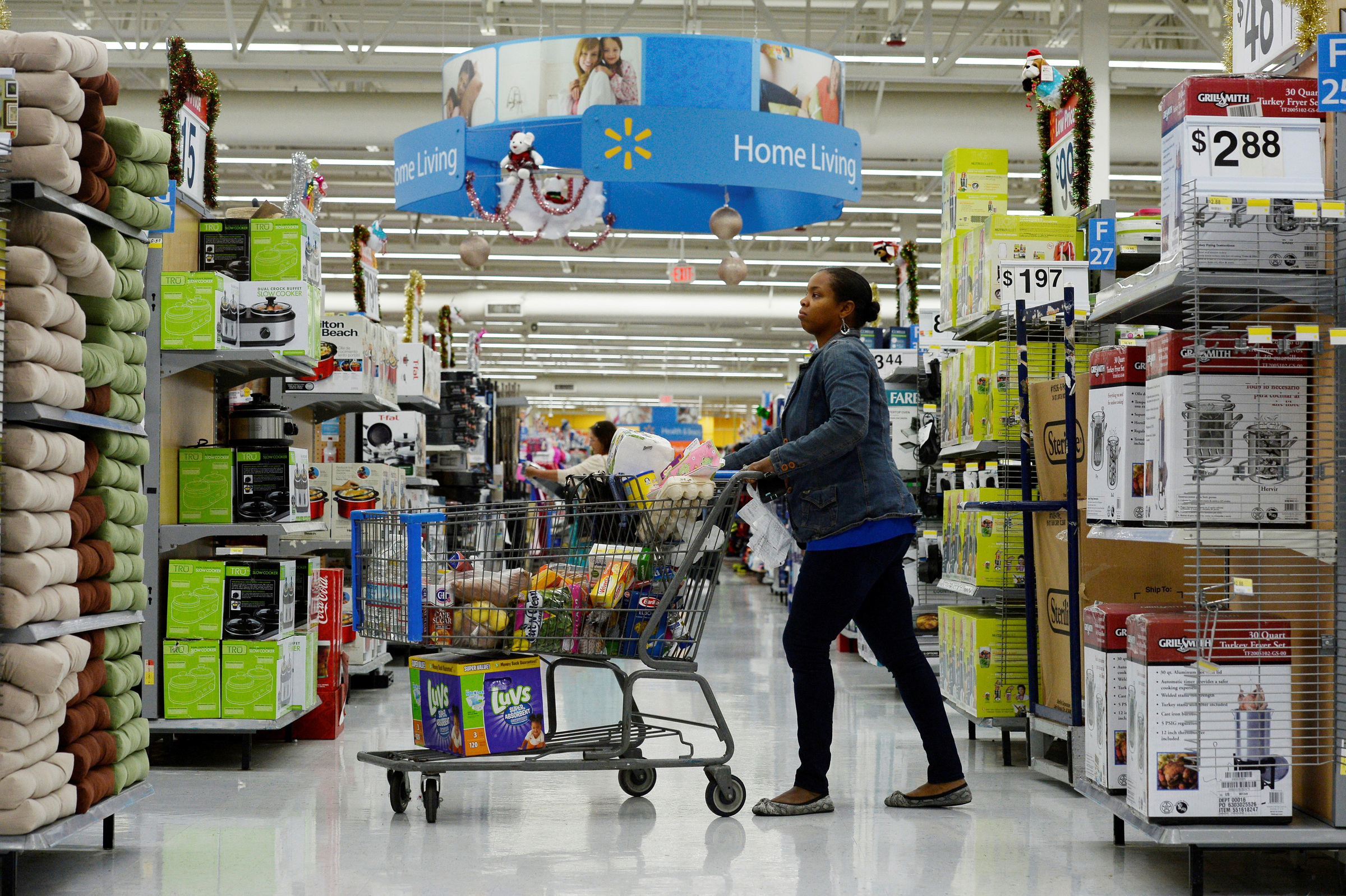On 9/7, former President Donald Trump announced in a letter to Brazilian President Luiz Inacio Lula da Silva his intention to impose 50% tariffs on Brazilian goods imported into the US, a significant increase from the 10% he announced on 2/4.
Unlike other countries targeted by Trump's tariffs, the US had a $6.8 billion trade surplus with Brazil last year. The South American economy appears to be facing these higher tariffs primarily due to political factors.
In the letter, posted on Truth Social, Trump accused President Lula of opposing former right-wing president Jair Bolsonaro, who is considered a Trump ally and is currently facing trial for allegedly plotting a coup against Lula.
Following the tariff announcement, shares of several major Brazilian companies, including aircraft manufacturer Embraer and banks Itau Unibanco and Banco Santander, fell on 10/7. The Brazilian real also came under pressure, declining 0.51% against the USD on 11/7 and 2.5% over the week.
Despite market reactions, Brazilian officials have largely maintained a confident stance. President Lula declared he would seek new customers, stating that Brazil "is not the type of country that can't survive without the US." Brazil is Latin America's largest economy. While the US is its second-largest export market, it accounts for only 12% of Brazil's exports, compared to approximately 28% for its largest partner, China.
Brazil's Economic Policy Secretary, Guilherme Mello, stated that even if the tariffs have "some" impact on growth, they won't be as severe as in the past, due to Brazil's diversification of trade partners over the last two decades.
Conversely, some US experts and businesses are concerned about the potential difficulties arising from the 50% tariffs, as Brazil is a major supplier of agricultural products such as coffee, beef, orange juice, sugar, and ethanol. 4 Reuters sources suggest the 50% tariffs could almost halt the flow of Brazilian coffee into the US.
Analysts also warn of a likely increase in US beef prices due to the tariffs on Brazilian imports. US beef prices have already hit record highs this year, and production is projected to decrease by 2% to 26.4 million pounds, as the US cattle herd is at its smallest in over 70 years due to prolonged drought.
US meat processing companies are already facing a shortage of cattle due to the suspension of imports from Mexico because of the spread of the New World screwworm. To compensate, they have increased imports from other sources, including 175,000 tons of Brazilian beef in the first 5 months of the year, double the amount from the same period in 2024 and representing 21% of total imports.
If the 50% tariffs take effect on 1/8, the total import tax on Brazilian beef would reach approximately 76%. Bob Chudy, a consultant for US meat importers, believes that without adjustments, Brazilian beef imports would cease entirely. "Not a single kilo of meat can be imported profitably at that tariff rate," he stated. Chudy added that the importing community is currently "uncertain about what to do."
White House spokesperson Anna Kelly said Trump aims to demonstrate that the US can use tariffs to create a level playing field for domestic workers and farmers while helping to reduce costs. However, analysts warn that higher tariffs will force importers to pay more for Brazilian beef or switch to more expensive sources like Australia, Argentina, Paraguay, and Uruguay.
Thomas Gremillion, Director of Food Policy at the Consumer Federation of America, warns that these tariffs could increase the price of staple foods like beef, while Congress has just voted to cut food assistance for the most vulnerable consumers.
 |
Customers shopping at a Walmart supermarket in Porter Ranch, Los Angeles. Photo: Reuters |
Customers shopping at a Walmart supermarket in Porter Ranch, Los Angeles. Photo: Reuters
Industry associations in Brazil, representing sectors such as coffee and oil, are calling for a diplomatic solution. "We hope that reason and balanced negotiations will prevail," said Josue Gomes da Silva, President of the Sao Paulo State Federation of Industries.
Brazilian President Luiz Inacio Lula da Silva also expressed his desire for a diplomatic solution to Trump's proposed tariffs but pledged to "respond accordingly" if they take effect on 1/8. "First, we will try to negotiate, but if there are no negotiations, the law of reciprocity will be applied," he stated on Record TV, referring to a newly passed Brazilian Congressional law allowing the president to retaliate against trade barriers. "If they tax us 50%, we will also tax them 50%," he added.
An anonymous Brazilian diplomat indicated that the government is unlikely to announce retaliatory measures before the tariffs are officially implemented. "We have time until 1/8," the source said.
President Lula announced the formation of a committee involving businesses to "review" trade policy with the US. In addition to retaliatory tariffs, the law also allows Brazil to restrict imports, ban investments, and suspend the intellectual property rights of US companies, among other measures.
According to the US Census Bureau, top US exports to Brazil last year included aircraft, spacecraft, fuel, industrial machinery such as nuclear reactors, and electrical equipment. CNN suggests that Brazil's threatened 50% retaliatory tariffs could significantly harm these US industries.
Phien An (Reuters, AP, CNN)












